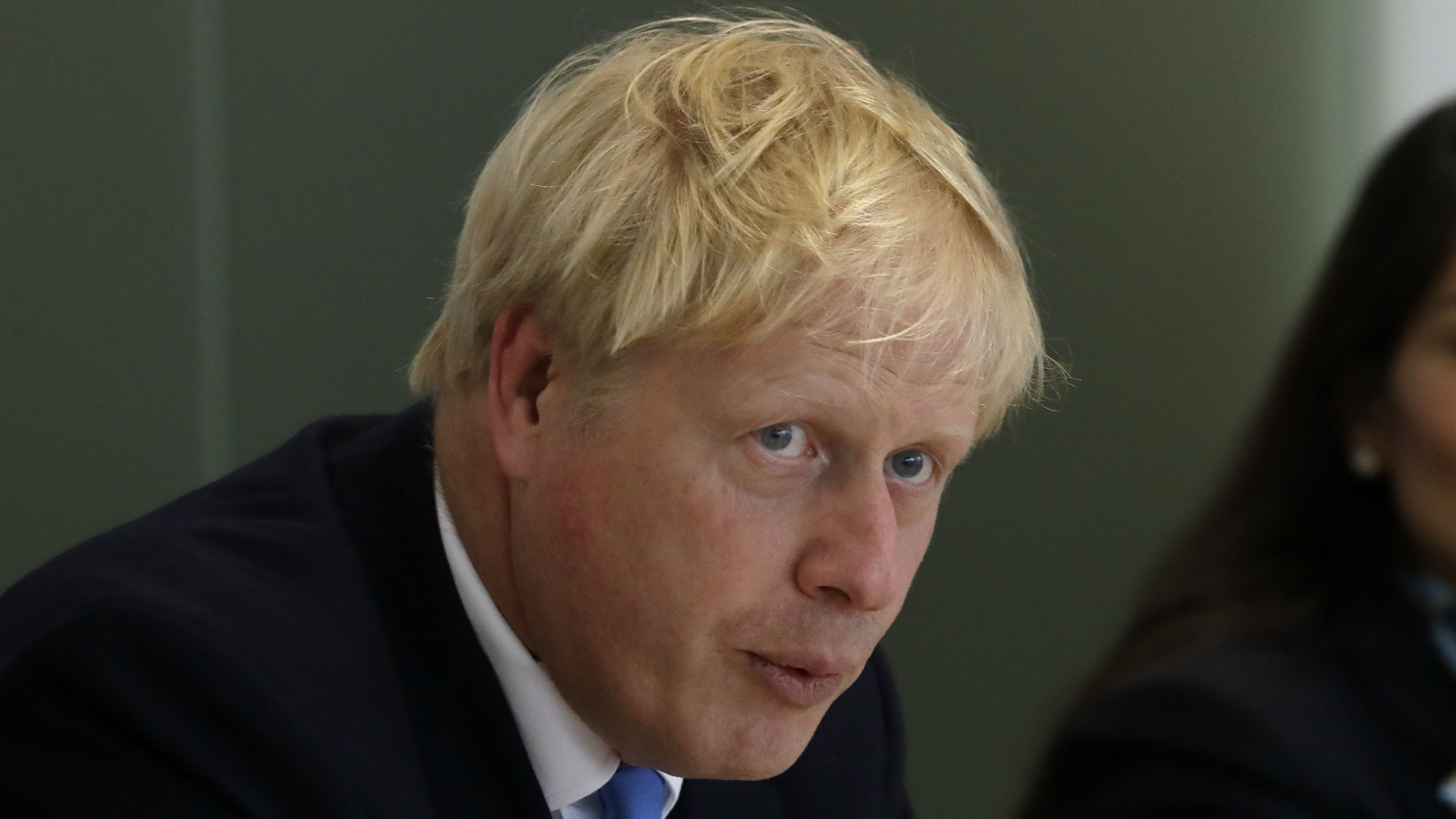Is it legal to prorogue Parliament?
Leading barrister insists there is a legal path open to Boris Johnson’s opponents

A free daily email with the biggest news stories of the day – and the best features from TheWeek.com
You are now subscribed
Your newsletter sign-up was successful
Boris Johnson’s plan to prorogue parliament has been branded a “constitutional outrage” by several MPs, with the question of its legality expected to play out in court.
The government insists the five-week suspension in September and October will still allow time to debate Brexit, but the decision sparked protests across the country and a petition with more than a million signatures, reports the BBC.
Tory MP Dominic Grieve described it as “constitutionally wrong and frankly outrageous”, while former chancellor Philip Hammond and House of Commons Speaker John Bercow both separately said it was a “constitutional outrage”.
The Week
Escape your echo chamber. Get the facts behind the news, plus analysis from multiple perspectives.

Sign up for The Week's Free Newsletters
From our morning news briefing to a weekly Good News Newsletter, get the best of The Week delivered directly to your inbox.
From our morning news briefing to a weekly Good News Newsletter, get the best of The Week delivered directly to your inbox.
However, Jacob Rees-Mogg, the leader of the Commons, turned the argument on its head, blaming MPs who have refused to back Brexit. “There is no constitutional crisis except that caused by those who voted for the referendum, then supported the use of Article 50 and backed the Withdrawal Act,” he wrote in The Daily Telegraph.
On the issue of its legality, the former Supreme Court justice Lord Sumption told The Times: “I don’t think what the prime minister has said he is going to do is unlawful. It might be considered unconstitutional in as much as it might be argued to be contrary to a longstanding convention of the constitution.
“But the question is whether what the prime minister has done is a legal or political disgrace. Is what he has announced the subject of legal rules or of historical convention? The only objection is that the decision has been taken for questionable political motives. But that is not something the courts should rule on.”
In the same newspaper, Lord Pannick, a leading barrister, said he believes there is a legal path open to those opposed to the move. Although courts “would not entertain a challenge to a personal decision by the Queen” because “the head of the UK’s constitutional structure is immune from legal process”, it is possible to challenge “the legality of the advice on prorogation given by the prime minister”.
A free daily email with the biggest news stories of the day – and the best features from TheWeek.com
The claimant “would need to show that the advice breaches a fundamental legal principle” such as, in this case, the sovereignty of parliament. He predicted that the courts would hear an “urgent application” and declare Johnson’s move “to be unlawful”. The ruling would mean that “parliamentary democracy would be restored”.
Several people have announced they are preparing legal challenges. The campaigner Gina Miller said that her lawyers had made an urgent application to the High Court for a judicial review of Johnson’s plan. In 2017, Miller successfully challenged the government over its authority to leave the EU without a vote in parliament.
“The basis of my approach to the courts is that it cannot be legitimate or a proper use of the prerogative power to prorogue Parliament when the intention and effect inherent in doing so is to frustrate Parliament and fetter it from exercising its sovereign right to fulfil its elective role and enact any law it sees fit,” she said.
The SNP MP Joanna Cherry has also asked her legal team to accelerate a planned action in the Scottish courts, due to be heard on 6 September, reports the BBC. The action, backed by 75 pro-Remain politicians, was initially launched at the Court of Session in Edinburgh last month. The court is expected to consider their motion today or Friday.